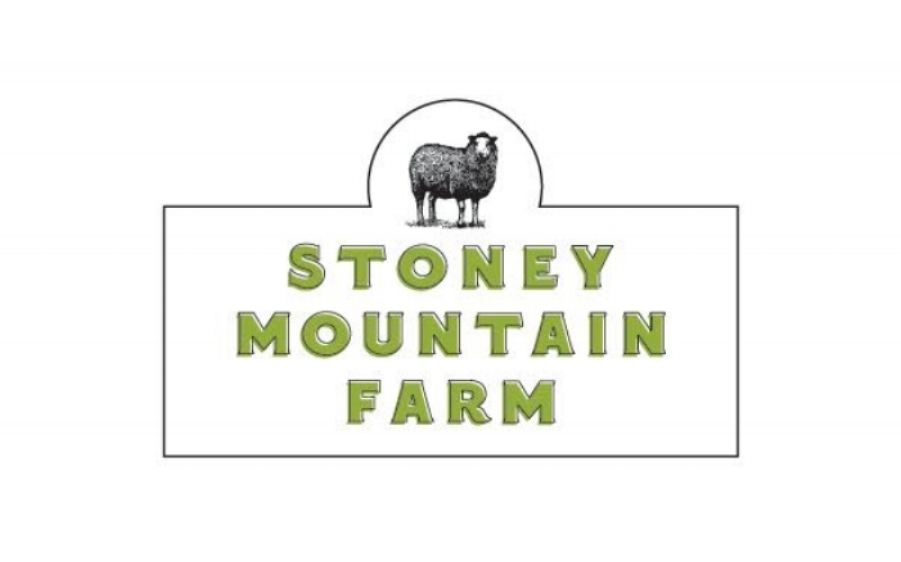Back to basics with sheep healthcare
Let us just admit it, we got complacent.
In the early days of this farm I made a lot of declarations about how I wasn’t going to adopt a system of livestock care that relied too much on pharmaceuticals and not enough on what mother nature intended for them.
In the early days we questioned everything that came our way. If the books and periodicals said vaccinate, we said why? We talked to vets and read. We were able to take the recommended annual shots from 6 to 1, sometimes 2. Mind you, that was almost 20 years ago but you get the message. We were asking the questions and trying to start off on the right foot, giving the sheep’s needs for living a full and healthy life our full attention. Fast forward almost 20 years and you have 2 farmers working hard to stay ahead of the pastures, the draughts, the losses, the equipment, and wait, I’m making excuses. Yep. We just plain lost sight of our “lighthouse”. When 5 sheep grow to 100 it is harder to manage each individual sheep’s needs (not impossible though). So, in a long, round about way I’m getting to the gist of my post….
Parasites! The number one enemy of sheep and number one reason folks should think hard about raising sheep. The easiest and honestly most full proof method to rid a sheep of parasites is to de-worm with chemical based de-wormers. It has always been our goal not to do that if we can avoid it. We certainly followed our rotation of the sheep through the pasture divisions and we did it according to the experts, some years better than others. Rotation keeps the sheep moving, not eating the grass down too low where the parasites hang out. Problems arise when you don’t plan for drought or you accidently over populate the flock because you have a friend that is selling out and it’s killing her to have to sell her sheep one by one so your big heart has to step in and help, not even thinking about the consequences it might cause on your own farm!
We over taxed our pastures!
We didn’t have the time, or didn’t take the time to realize what was happening. We had a manageable but growing parasite population on the farm. We were rotating and deworming regularly as the hot humid conditions persisted and became more frequent. We went through 1of the 3 available classes of de-wormers in about 6 years. The worms were then resistant to that class (the most effective I might add, Ivormectin). How does that happen? Alot of possibilities and theories but the most understandable is that the dose rate is by weight. We're left with guessing because it’s difficult for most small farms to afford or accommodate scales for 130-250 pound animals. There's no way a small farmer can be sure. We’re close but not exact. So we might underdose? Depending on what we read or conference we attended we’ve been different information, sometimes to double the dose, sometimes definitely not? Some of that information came from vets. Long story short, the efficacy of the drugs are diminished or destroyed by inaccuracies in the dosing. The parasites are slowly resistant. We now have a parasite population that is resistant to the de-wormers! Argh! My research tells me this is a problem world-wide. I actually couldn’t believe the numbers world-wide when I looked closely! Sadly, the sheep industry doesn’t warrant millions of dollars spent in research to address the problem. What’s a farmer to do? Canada has a new de-wormer available that isn’t available to us yet but I think we’ve learned a huge lesson in not being dependent on the pharmaceuticals anyway. Let’s get back to our original philosophies!
We have a plan.
We believe parasites won’t pose such a problem if the sheep's gut health is balanced. Heard that before? Yep, just like us, sheep are being deprived of what their systems need. They're put on pastures with monotype forage and asked to keep their PH in check? They need more. Plus an acidic gut will be more resistant to parasites, this we know. I took a class taught by an organic vet, Dr. Paul Detloff. Someone in the class asked about their flock presenting with black mouths. Dr. Paul responded with a question… “do you have black walnuts?” with the response yes, Dr Paul shared that black walnut is a perfect offering to sheep with parasites. The black walnut is acidic and will help their gut heel. The most exciting part to me is if given the opportunity, sheep would find it themselves. Of course they would. Nature knows!
We also believe there are natural de-wormers. We just have to spend some time testing and experimenting. The “old timers” used many a method. We’re reading and planning. We are excited and hope to turn our difficult year into a positive one.
So, here we go replanting Rosemary around the barns, encouraging our black walnut trees to grow and bare and to make sure these and many other natural foods and supplements are available to the sheep. I'm digging through new and old medical journals. As a farm we are determined to overcome this and actually do something that we intended from the beginning.
Stay tuned. Will keep you posted.

